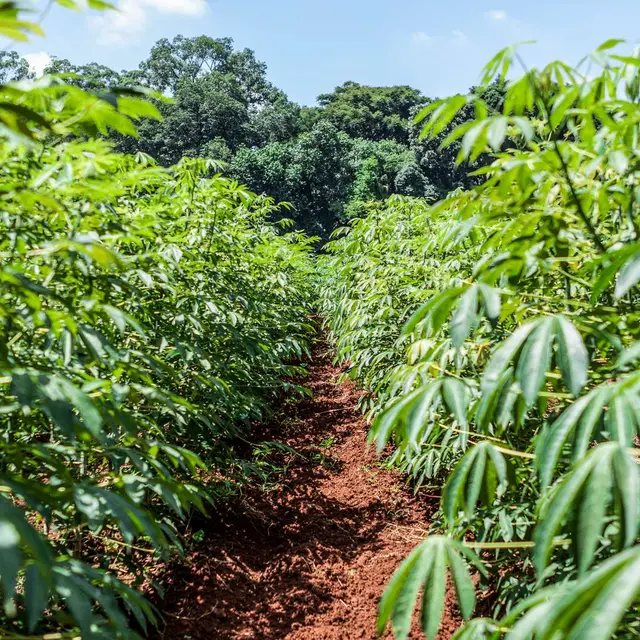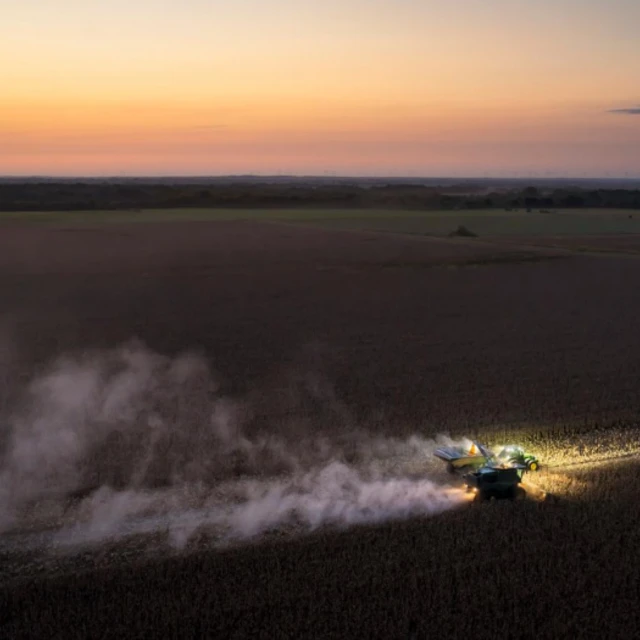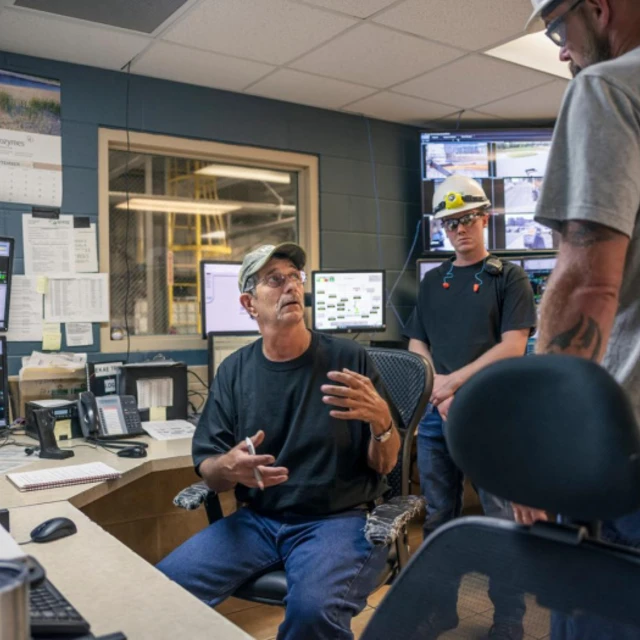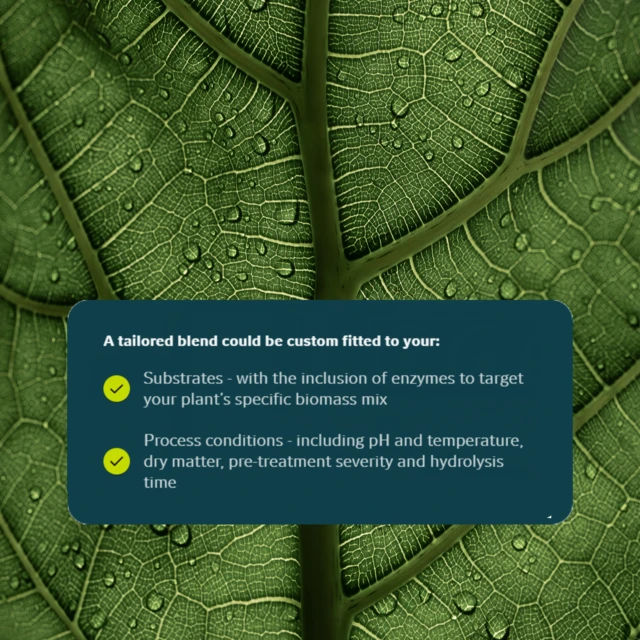Efficiently hydrolyze a wide range of lignocellulosic biomass
Agricultural residues including wheat straw, rice straw, bagasse, corn stover and cobs are all sources of lignocellulosic biomass. Other examples include soft wood and hard wood forestry residues and municipal waste. Lignocellulose can also come from energy crops including miscanthus and bamboo. Whatever your cellulosic feedstock, our proven, cost-effective Cellic® enzyme blends can efficiently hydrolyze it into simple sugars.





